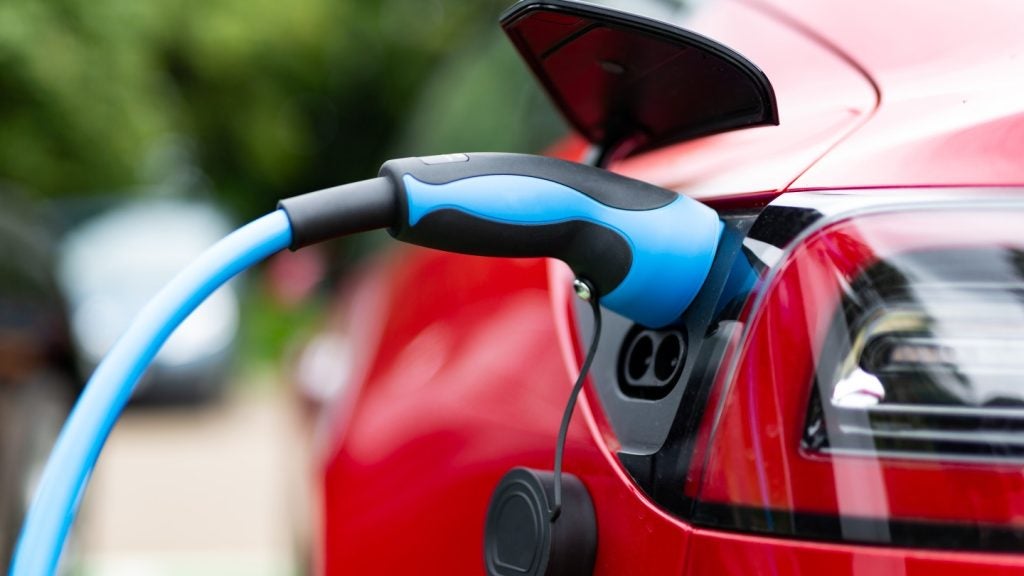
The motor finance industry has witnessed a significant shift in the mindset of consumers across the last decade, with the personal contract hire (PCH) market demanding a larger slice of the pie. Hannah Wright catches up with industry players to discuss the trend.
According to BVRLA leasing broker statistics H1 2020, the BVRLA broker channel fleet grew by 7% year-on-year to 362,461. Dig a little deeper, and the data shows that new contracts for PCH were double that of business leasing, and three in five cars on fleet are now on a personal contract.
In 2019, growth across personal leasing was also most evident in the PCH space, up 20% on the 2018 figure. At the end of 2019, PCH was responsible for 59% of the total BVRLA broker channel fleet and 64% of new contracts.
PCH, or leasing, is effectively long-term car rental. Consumers pay an initial payment, followed by a series of monthly payments across an agreed period, typically two to four years. In exchange, the consumer has access to a car. At the end of the contract, the consumer hands the keys back with nothing more to pay – provided the terms of the agreement have been honoured.
“PCH has a growing presence in the market,” says Adrian Dally, head of motor finance at the FLA. “From around 2015, it grew from a very low base to represent roughly 11% of the new car finance market and it has stayed there since. 2020 has obviously been a distorted year for the market, but PCH levels have been stable across the last three years, so the growth has levelled off.”
Explaining the driver behind this trend, Dally adds: “If you take a very long-term view, it is the cultural trend away from ownership towards usership. Consumers subscribe to all kinds of products, like their mobile phones or Netflix, and cars are no different.”
“Initially in the market, individuals owned their vehicle and had legal title to it from the get-go. That meant they saved up for it and paid for it in cash. We moved to hire purchase (HP), and people were able to obtain finance more cheaply. That was a move towards usership, if only for a few years before you owned the asset.”
Over the last decade, personal contract purchase (PCP) has become the most popular product, because it has provided customers with “the option to churn from one PCP to the next, or to purchase at the end”.
PCP is currently the principal type of finance people get when buying a car. Consumers put down a deposit on the car, typically about 10% of the total value, before paying monthly instalments across an agreed period. At the end of their agreement, they then have the option to pay a balloon payment in return for full ownership of the car.
Offering his take on the growth of PCH, Gavin Davies, general manager, customer account management at Alphabet, adds: “One of the key reasons the PCH market has grown is because younger generations don’t want to buy something, they want to rent it. Individuals are happy to pay £300 a month for a car and in three years’ time swap it for a new one. People previously wanted to own their cars, but when you own a car, all you’re really doing is funding depreciation.”
Beyond the consumer segment, PCH is an increasingly popular alternative to cash allowances for opt-out drivers within businesses. Offering a cash allowance, Davies argues, is fraught with danger for companies. He explains: “Often, employees don’t factor in tax, insurance, maintenance, or breakdown cover. The allowance is for the employee to be mobile, not just for the car. They might use a £500 monthly allowance to purchase a 2-seater convertible Audi TT whilst others spend £500 on a banger whilst pocketing the rest of the money. It’s not great for corporate identity.”
The combination of these factors means that, subsequently, the PCH market has grown. Undeterred by the effects of Covid-19 on the market, Davies affirms that Alphabet’s key brokers are having a record-breaking year.
“Individuals still need a car; they’re not using public transport because it’s not safe and most people outside of London still need a vehicle. If they have a PCH contract on a BMW for £500 a month, they might have realised they don’t need that, because they aren’t driving as much. Instead, they can go for a £200 Ford Fiesta and save themselves £300. People are using the opportunity of Covid-19 to reduce their cost by switching to a cheaper PCH.
“Similarly, if you’re a company car driver with an ICE vehicle, that car is costing you £600 a month is tax. You’ve had it for 10 months and you’ve not been able to drive it, but you have paid £6,000 for the privilege of looking at it. At the end of the contract, you’re not going to take another company car, you’ll take a cash allowance and get a basic car on PCH, reducing your costs.”
The devil is in the detail
Concerning regulation, Davies believes the devil is in the detail: “PCH is regulated like PCP, so everyone has regulatory rights. However, a lot of people have argued that they were mis-sold the product.”
According to Davies, customers often fail to read the fine print and, in many cases, isn’t suitable for them. “You have fewer options with PCH. If you exceed your mileage or cause damage to the car, you don’t have the choice of buying it out. If you try to repair it yourself, it likely won’t meet the standards set by the company. If you decide you want to return the vehicle early, you’ll have to pay a significant charge.
“I would never advise a consumer to buy a PCH over a three-year term unless they are certain,” Davies warns. “Conversely, in a case where the owner has done less mileage and there is no vehicle damage, if you decided you wanted to buy it, you can’t.”
To provide maximal transparency, Davies believes PCH and PCP must be sold side-by-side to convey the advantages and disadvantages of both. The customer must ask the right questions and read all the information.
Davies adds: “The attraction of PCH is the low rental cost, but it only remains cheap if you stick to your mileage and look after it; if you stick to the terms you’ve agreed on. If you deviated on any of that, it’s a nightmare.”
Not all finance products are created equal
Despite its growing popularity, Dally agrees that there remains issues around the regulation of the PCH product. “It’s not unprotected by any means, but under the Consumer Credit Act (CCA) there are not as many protections for PCH.
“There is more information that the consumer is entitled to receive when they purchase a vehicle than there is for PCH, and there is more for PCH than there is for rental and subscription. That shouldn’t be the case.
“Historically, PCP and HP have been the dominant products, so you would expect consumer protections to peak around the most popular products. That’s where we are, but obviously, the market is moving through the peak, out towards PCH where you’re leaving the full protections.”
This in turn can introduce an element of constraint, explains Dally, as businesses cannot promise PCH customers the level of protection currently afforded to PCP customers. “Equally, not all consumers are happy to hand back the car after two or three years, so it isn’t yet the right product for everybody.
“There should be a level playing field. Ultimately it is the consumer need that should determine the method of financing the vehicle. I am certain that is where we will end up, and the CCA will be reformed. This will create a more level playing field and the PCH stall may stop.
The CCA ensures protection for consumers when entering into a loan or hire agreement. However, established in 1974, the act was designed in a different world. Dally says: “We are in the 2020s now and the legislation needs to be updated to reflect our modern, digital world as we transition to a zero-carbon society. It needs to be designed around the customers that it is there to serve.”
As customers continue to be on their journey towards usership rather than ownership, the regulatory system must stay up to date. Dally concludes: “Whatever door the customer comes through in terms of their mobility needs, customers need to have access to all the information they need to be able to compare products equally.”
Winds of change
In response to the growing popularity of PCH, many industry players are introducing the service for customers. In January this year, Alphabet GB rolled out a dedicated PCH platform – Alphabet Motion for both PCH and credit sale agreements (CSA).
Alphabet says the platform was launched in response to a shift in demand for personal leasing over the past year, likely following the increase in benefit-in-kind (BIK) tax rates, which has seen corporate customers move away from company car leasing to cash alternatives.
Davies describes the expansion into PCH as a significant and exciting step for the company, which has historically focused on developing services primarily for businesses.
“We spotted the demand and gap in the marketplace for PCH at the start of 2020, and this has continued to grow throughout lockdown, making now the perfect time to launch Alphabet Motion.”







